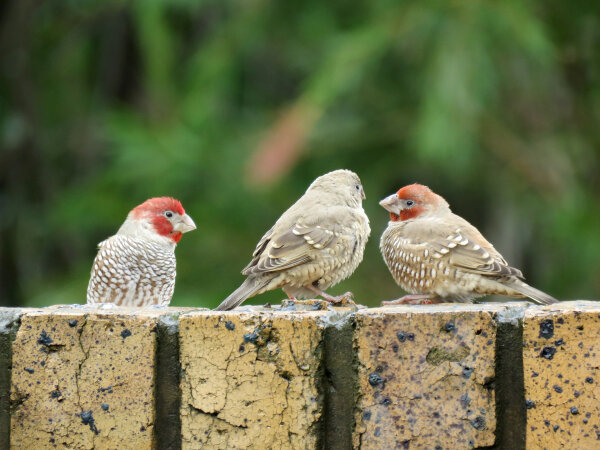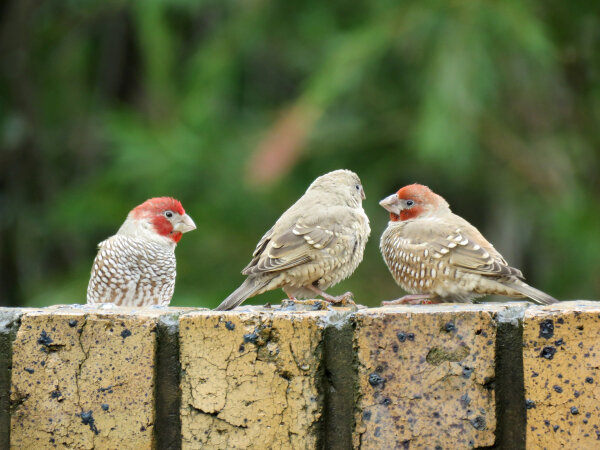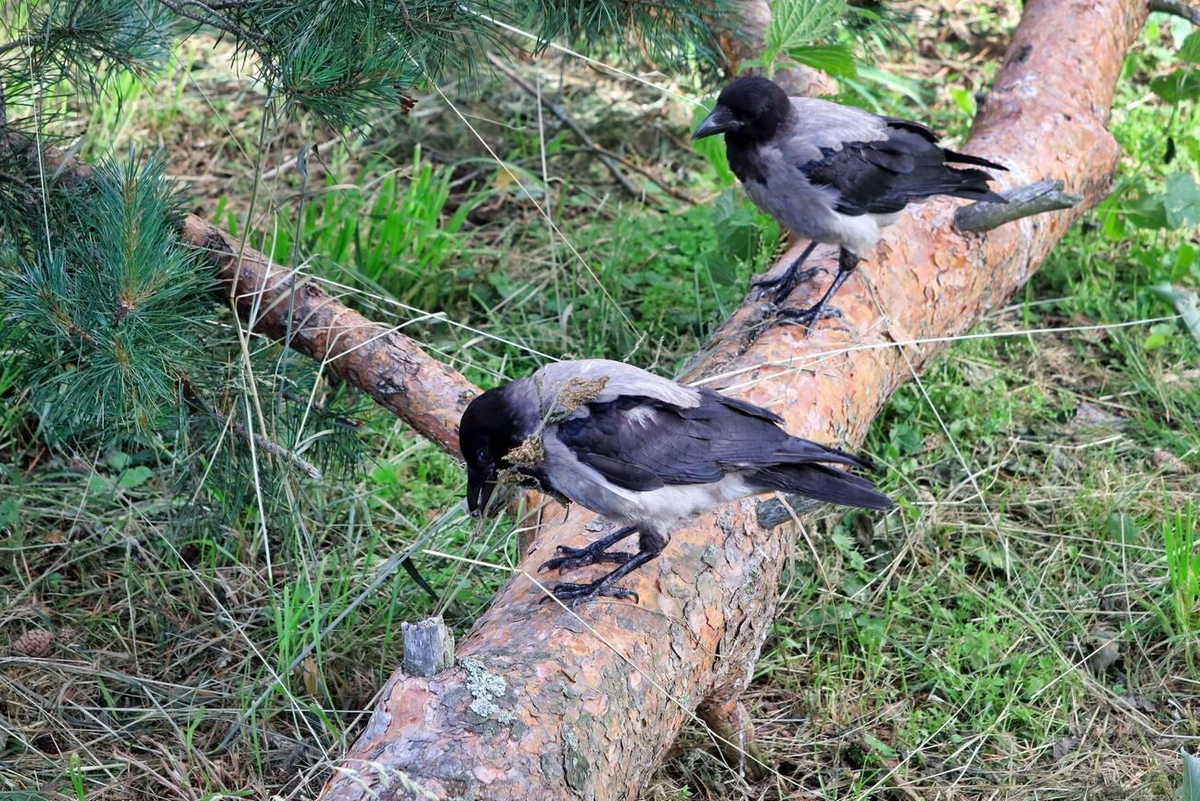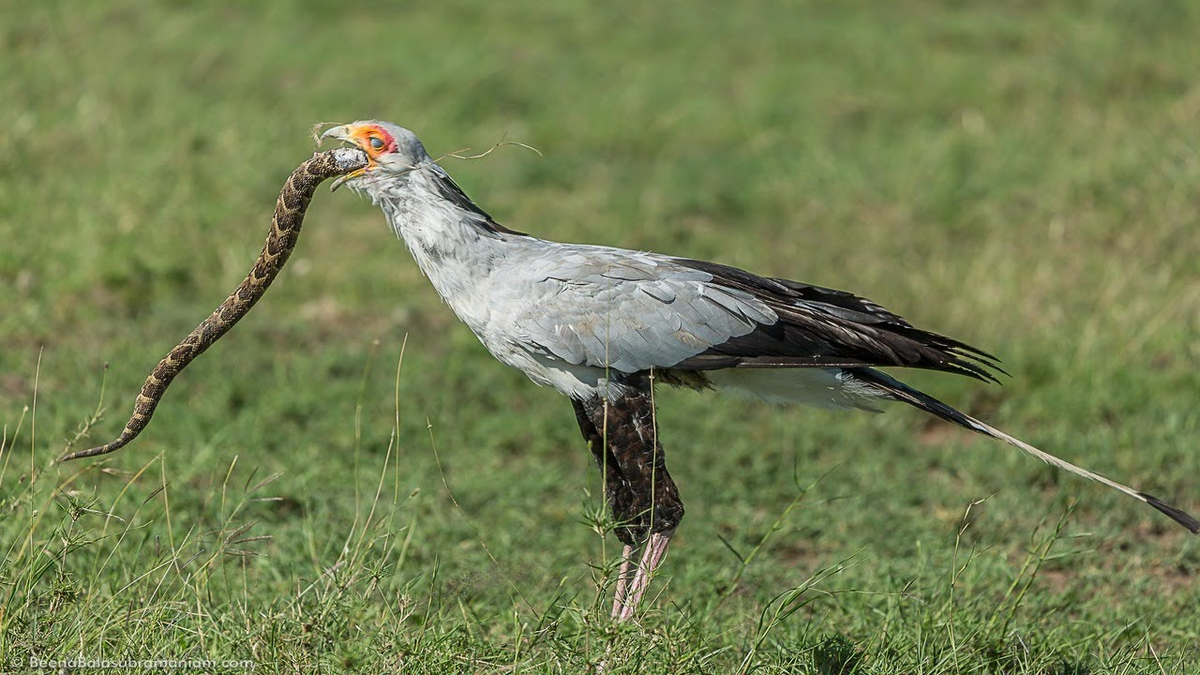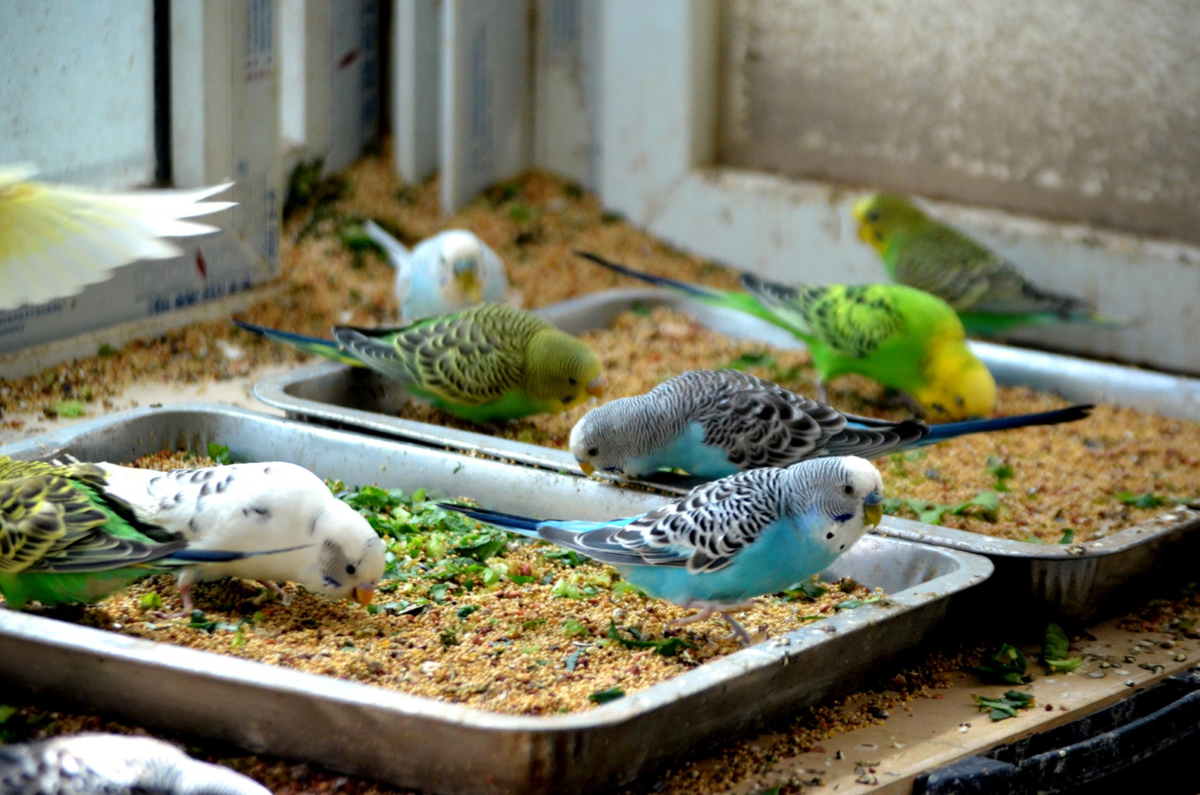Amadines are the closest relatives of sparrows, not parrots as many believe. And do not expect them to behave like parrots. They do not bond with humans and prefer the company of their own kind, they are not picky eaters and easily adapt to almost any conditions. With enough food and water, they can be left alone for a long time.
Another important feature of these colorful birds is their chirping, which is heard all the time until they sleep. However, this has not prevented them from becoming fairly common pets. However, it is recommended to have several amadines at once so that the birds do not get bored and do not feel lonely.
Most often in pet stores you can find zebra finches - the loudest and most active of all representatives of the species. But it is better to buy pets from reputable breeders: this guarantees the health of the birds and their adequate socialization.
Amadines should be kept in a spacious cage or aviary (at least half a meter in both directions) with frequent bars or fine mesh so that the agile birds cannot squeeze through. Cylindrical shapes are not suitable for these birds, angles and straight walls are necessary: the birds orient themselves in space based on them. The cage should have perches, a waterer, and a feeder, a bath for bathing (your amadines will definitely appreciate it), and a house where the birds can hide if necessary.
The cage should be completely cleaned with soapy solution at least once a week, and the litter should be changed daily to prevent harmful microorganisms from accumulating, causing various diseases.
Amadines are African birds and they cannot tolerate cold and drafts. The comfortable temperature for them is 25-30 degrees. Moreover, the warmer it is, the more actively they reproduce. By the way, zebra finches do it very quickly, so if you do not want to become the owner of a whole flock, it is better to keep males and females in separate cages.
Usually amadines lack light, so they need additional lighting in winter.
They are not picky eaters. They will eat grain mixes (based on millet), flax seeds, oat seeds, rapeseed, meadow grass seeds. Also, the diet should include cottage cheese, fresh greens, fruits, and vegetables. If your amadines are planning offspring, offer the female moth, worms, or caterpillars. During this period, she needs additional fats and proteins. In spring and summer, you can treat your pets with dandelion and plantain leaves, and in winter - sprouted wheat.
Amadines are skittish and sensitive to smells, so avoid loud sounds, do not smoke in the apartment, and do not use strongly scented household chemicals and perfumes.
Amadines cannot be called delicate creatures, they rarely get sick. However, no one is immune from this. If you notice symptoms such as lethargy, unusual posture, excessive scratching, changes in color or growths on the feet and beak, move the pet to a separate cage. It is better not to delay visiting the veterinarian, as most health problems are much easier to solve at an early stage.

